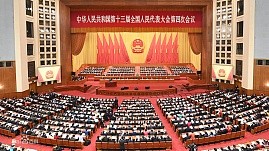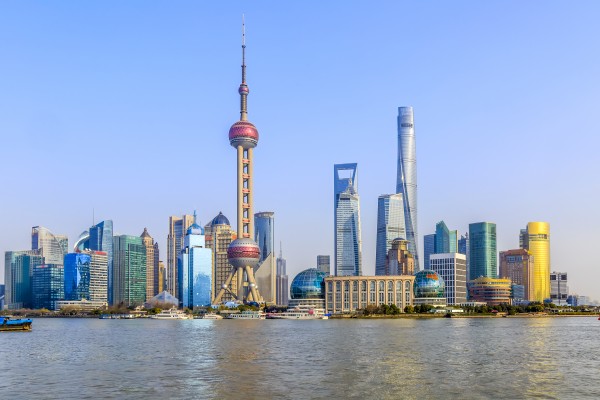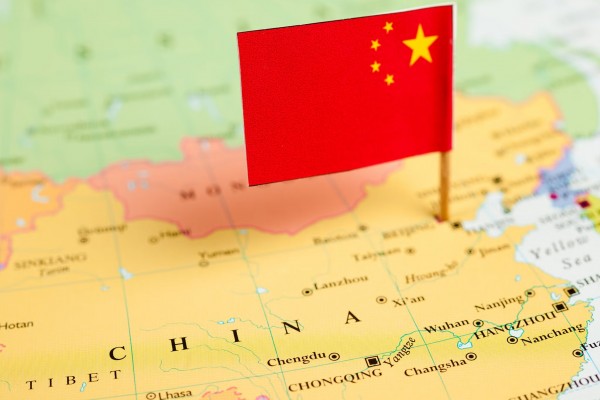The simultaneous sessions of China’s two key political bodies – the Chinese People’s Political Consultative Conference (CPPCC) and the National People’s Congress (NPC) – took place last week in Beijing. Two annual sessions are considered the biggest political event as they indicate the government’s future goals and priorities for the entire year. During the meetings, the members of CPPCC consult and advise on the major directions of political activity, after that NPC passes national-level decisions.
The year 2021 has an exceptional meaning for China as it marks both the beginning of 14th five-year plan and the 100th anniversary of the Communist Party of China. This year’s Two Sessions commenced on March 4 and concluded on March 11, and during this week the competition policy has been a major topic of joint discussions.
On March 5, the Premier of the State Council Mr.Li Keqiang delivered a Report on the Work of the Government, which stated: “The state supports platform enterprises in pursuing innovative development and enhancing international competitiveness; it will ensure that their business operations are well-regulated in accordance with the law and take steps to refine digital rules. We will strengthen antimonopoly efforts, prevent the disorderly expansion of capital, and ensure fair market competition.”
In regard to China’s legislative plans, the Chair of NPC Mr. Li Zhanshu declared on March 8: “China will amend the antimonopoly law, the company law and the corporate bankruptcy law in order to build a modern economic system and promote technology and innovation.” The same day the Chairman of the Supreme People’s Court Mr. Zhou Qiang specified to strengthen court’s capacity in antimonopoly cases and to protect legal interests of consumers.
In the end of the sessions, the NPC passed the 14th five-year plan and approved long-term development goals for 2035. The document stipulated to encourage competition and fighting monopolistic behavior, to increase the judicial power in cases of monopoly and unfair competition, to tighten control of natural monopolies in order to build a high-standard market system. It also explicitly addressed the online sector and required to enforce regulation of Internet platform economy, to specify the rules of platforms’ positioning and regulation, to perfect legal standards of monopoly identification and to fight against monopolistic practices and unfair competition.
The importance of antimonopoly, declared by the decision of Chinese national policymakers, is a huge step up for the China’s competition policy. Recently the Chinese government tends to enhance regulation in terms of fair competition, especially when it comes to digital industry – in February the State Administration for Market Regulation issued the Antitrust Guidelines for Platform Economy and last year it launched an antitrust probe into Chinese tech giant Alibaba.




